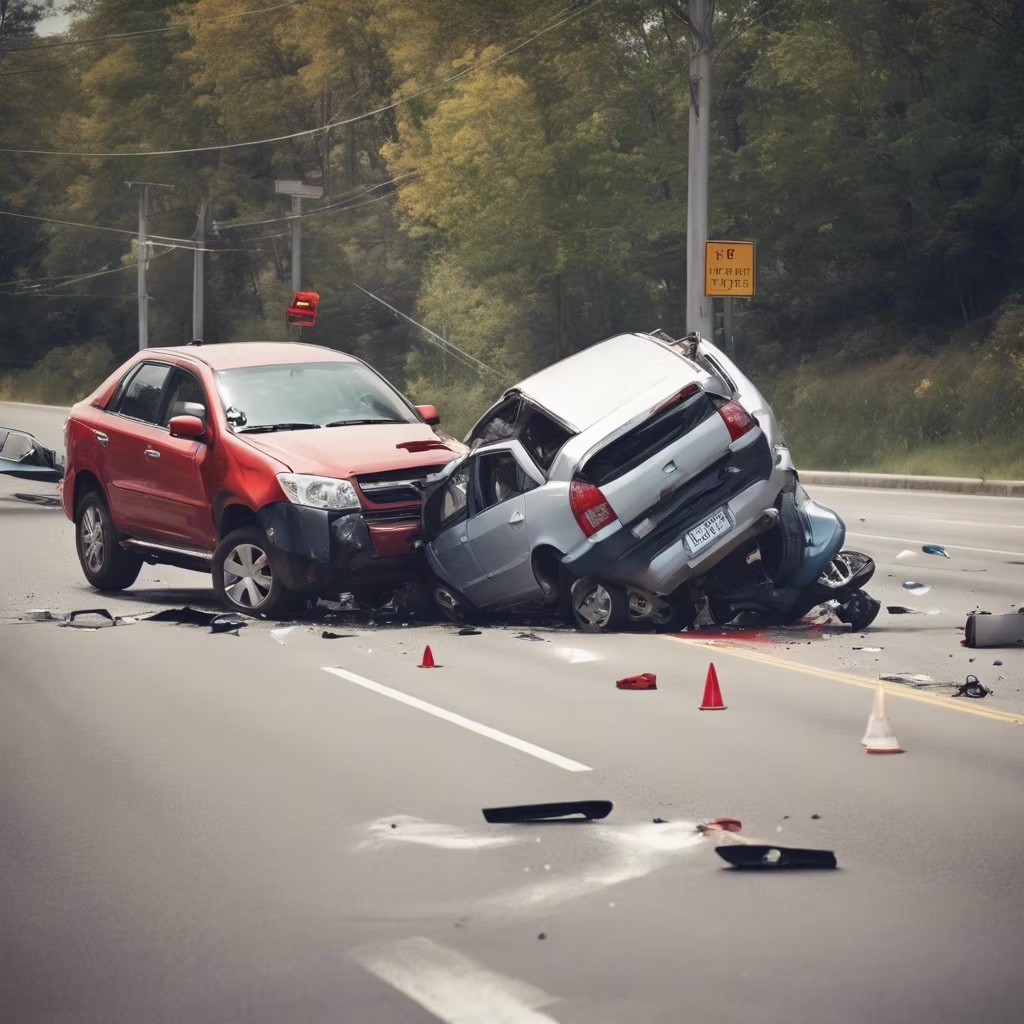Experiencing a vehicle accident is a distressing event that can leave lasting effects. It’s crucial to handle the aftermath with composure and a clear plan of action to safeguard yourself and others involved. Whether it’s a minor bump or a major collision, understanding the steps to take can significantly impact your recovery process. In addition to the essential measures to ensure safety and documentation, it’s also vital to recognize the importance of obtaining a diminished value appraisal. Let’s explore a comprehensive guide on what to do when you find yourself in a vehicle accident and why getting a diminished value appraisal matters.
- Prioritize Safety Above All: The foremost concern in any accident is the safety of everyone involved. Move vehicles to a safe location away from traffic if possible, and activate hazard lights to alert other drivers. Ensuring everyone’s well-being sets the foundation for managing the aftermath effectively.
- Assess Injuries Promptly: Take stock of any injuries sustained by yourself and passengers. Even seemingly minor injuries should be evaluated by medical professionals. Prompt medical attention can prevent complications and provide necessary documentation for insurance claims.
- Contact the Authorities: Call the police to report the accident, especially if there are injuries or significant damage. A police report serves as crucial evidence for insurance claims and legal proceedings. Cooperation with law enforcement ensures a thorough investigation of the incident.
- Exchange Information: Collect contact and insurance details from the other driver(s) involved in the accident. Include names, phone numbers, license plate numbers, and insurance policy information. Gathering witness contact information can also be beneficial for corroborating accounts.
- Document the Scene Thoroughly: Capture photographs of the accident scene, focusing on vehicle damage, road conditions, and relevant signage. Detailed documentation strengthens insurance claims and provides clarity in assessing liability. These records serve as valuable evidence during negotiations.
- Notify Your Insurance Provider: Inform your insurance company about the accident promptly. Provide accurate details and documentation to facilitate the claims process. Transparency with your insurer ensures timely assistance and minimizes delays in repairs or medical treatment coverage.
- Seek Medical Evaluation: Regardless of apparent injuries, seek medical evaluation promptly after an accident. Some injuries, such as whiplash or concussions, may manifest symptoms later. Documenting injuries and treatment received is crucial for insurance claims and personal well-being.
- Consider a Diminished Value Appraisal: After a vehicle accident, the value of your car may diminish even after repairs. A diminished value appraisal assesses the reduction in your vehicle’s worth due to its accident history. This appraisal serves as evidence of loss when negotiating with insurance companies or potential buyers.
- Consult Legal Experts if Necessary: In complex cases involving disputes over fault or significant damages, seeking legal advice is advisable. A qualified attorney can protect your rights, navigate legal proceedings, and advocate for fair compensation. Legal guidance ensures your interests are safeguarded throughout the process.
- Prioritize Self-Care and Support: Coping with the aftermath of a vehicle accident can be emotionally taxing. Prioritize self-care and seek support from friends, family, or counseling services if needed.


